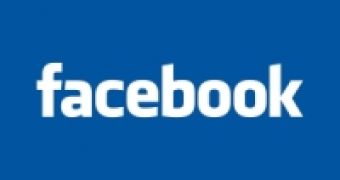Facebook has been growing tremendously at a relentless pace since it was fist launched, but has seen an even bigger uptake in users and traffic in the last year or so. Last May, Facebook finally overtook MySpace in the US and hasn't looked back since, and, apparently, is now the second largest site in the US after Google. Hitwise believes it has found the reason for its success, or at least an important drive behind it, as traffic for the number-one social network really picked up after it introduced Facebook Connect, its proprietary, single sign-on login platform.
“There are several drivers that have helped the growth of Facebook – such as a cleaner layout and mobile applications on the iPhone and BlackBerry to access Facebook anywhere. Another is certainly the Facebook Connect program, which allows users to share stories in their news feed and make comments on websites and blogs. The program launched in beta during July of last year, then officially launched to developers in early December,” Heather Dougherty, research director at Hitwise, wrote.
Facebook is clearly beginning to dominate the social-networking segment. Having just passed MySpace in traffic numbers, it only took three months for Facebook to have double the traffic News Corp's social network currently enjoys. In fact, for the week ending September 5, 2009, Facebook managed to capture almost 58 percent of the traffic all social networks got in the US, this while MySpace only attracted 31 percent of the visits.
As for why Facebook has become so popular, in MySpace's detriment, Hitwise believes that Facebook Connect had a big part in it and, while Connect isn't exactly ubiquitous just yet, the graph the company provided does show a compelling picture.
An even more interesting metric, somewhat downplayed in the report, is the fact that Facebook is now the second most visited site in the US, still behind Google sites. Of course, Google sites means the search engine, Gmail, YouTube and a host of other products. While this may be just a temporary spike in traffic, at the rate at which Facebook is growing, Google may be beginning to worry if it hasn't surpassed it already.

 14 DAY TRIAL //
14 DAY TRIAL //